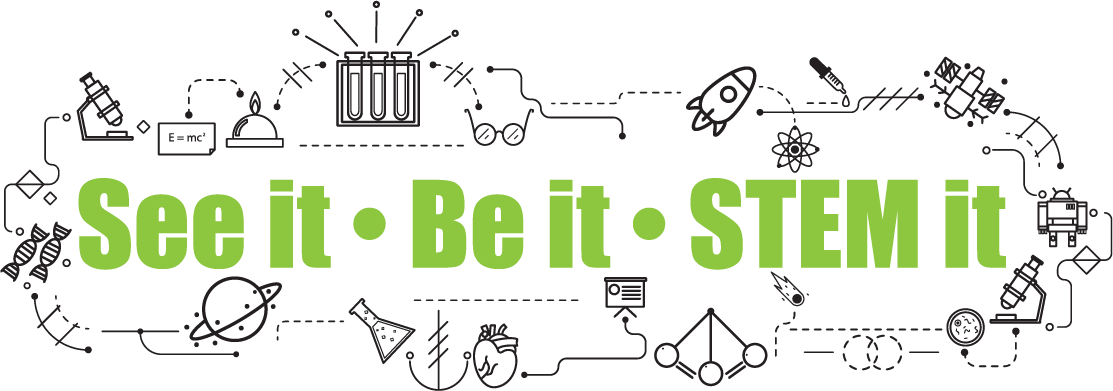Meet Kate Onuska
Kate Onuska is currently pursuing her Honours Bachelor of Cognitive Science in Neuroscience & Computer Science at McGill University. She currently works as a Researcher at McGill & Oxford Universities. In her spare time she likes playing the piano, hiking, running, skiing, and travelling.
When did your love of STEM begin?
I think I had a predisposition to become involved in STEM, with both of my parents and some of my extended family having studied and then continuing on to work in the field. However, my love of STEM truly developed in the latter half of my high school education when I had the opportunity to work under the guidance of one of my most cherished mentor's, Dr. Paul Mallet. Dr. Mallet introduced me to the multidimensional nature of the subject that I had previously just considered "Science" and supported me as I took my first steps to become involved in scientific research. Through working in his lab, I developed my passion for neuroscience and in specifically, my desire to model dynamic neural networks as a function of disease, damage, or neurophysiological idiosyncrasies in hopes of better understanding the mechanisms that underly brain dysfunction.
What did you love most about study in your field of STEM?
"Black Box" is the term commonly used to describe unresolved and remitting scientific problems. However, for every black box that is opened in STEM, a greater number of new black boxes seem to appear. This cycle to me, is rather beautiful. As a researcher, the process of having to form novel ideas to ask new questions about evolving scientific issues is what fosters my curiosity. Moreover, unanswered inquiries call for the potential use of advanced methodologies and thus acquiring new skills, which means that I am always learning from others about how I can expand my knowledge and abilities to improve my work.
What advice would you give to young women considering a career in STEM?
I currently have the privilege of being co-supervised by two incredible neuroscientists- Dr. Lesley Fellows at McGill University and Dr. Maryann Noonan at Oxford University- who are equally representative of women in STEM. At the beginning of our work together, we reflected on their journey's to begin careers in STEM, as well as my current experiences that follow from the same goal. With that, I will summarize what I have learned as well as the advice I have been given by these two exemplar scientists through a few key messages:
1. Do it.
2. If you can't do it alone, ask for help.
3. Keep your options open.
4. Support yourself and support others.
5. Read more.
6. Listen more.
7. Never stop learning.
8. Believe in yourself.
9. Believe in your work.
10.Back up your work on an external hard drive.


